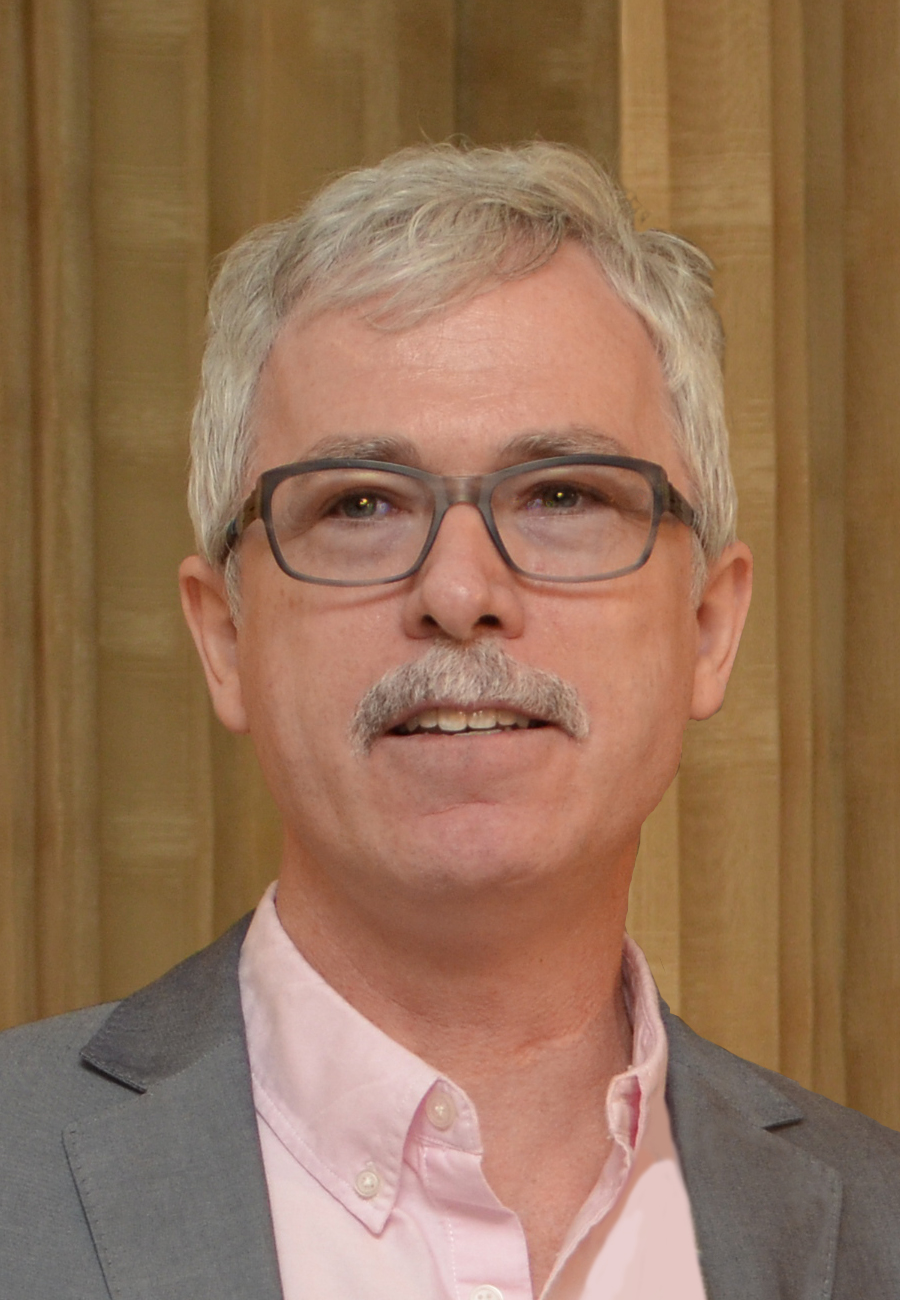Corey Keyes
Emory University. United States
Mental Health Promotion and Protection: Why We Need More Attention to the Early Lifespan
In Dr. Keyes’ series of presentations, he will summarize the conception and diagnosis of the mental health continuum (from languishing to flourishing), findings from behavioral genetics and epidemiology supporting the two continua model of mental health and illness, and the benefits of flourishing to society and individuals. In studies of youth, those who are flourishing report the lowest level of depression, conduct and behavioral problems, and the highest levels of prosocial engagement and school integration. Level of positive mental health, together with screening for current mental illness, in the Healthy Minds Study of college students was predictive of suicidality and academic impairment. This body of evidence, with the finding that the prevalence of flourishing is less than half of all youth in middle school, drops nearly 10% in high school youth, and is less than half of US college students, indicates the need for the promotion and protection of positive mental health throughout the lifespan, but starting early with youth and students. I will conclude with presentation of new (unpublished) analyses of the connection of level of the well-being components of positive mental health with binge drinking and drug usage in college students. The adjusted risk of any binge drinking and any illicit drug use decrease as levels of emotional and psychological well-being increases. However, the risk of binge drinking increases as level of social well-being increases, and level of social well-being is unrelated to risk of drug use. These findings pose interesting questions about whether and why some components of positive mental health may be related to behaviors on college campuses that are conducive to drinking.
CV
Corey Keyes is a full professor of Sociology at Emory University. He has held the Winship Distinguished Research Professorship, and he was a member of a MacArthur Foundation Research Network on Successful Midlife Development and Aging. He co-chair the First Summit of Positive Psychology in 1999, participated in the National Academies of Science initiative on “The Future of Human Healthspan” and the National Academies of Science workshop on national statistics to measure recovery from mental illness. His research introduced the concepts of social well-being, flourishing, the two continua model of mental health and illness, and his work is being used to prevent mental illness via the promotion of positive (flourishing) mental health. He has given to Dorosin Memorial Lecture for the National College Health Association, the Chesley Lecture on Aging at Minnesota State University, and the Anita Spenser Lectureship in Clinical Behavioral Sciences at McMaster University.

